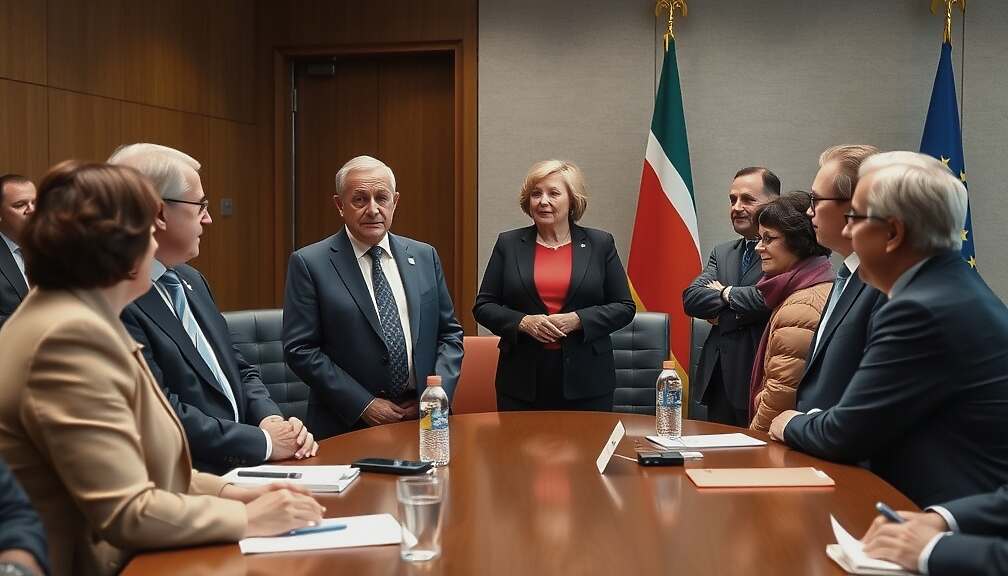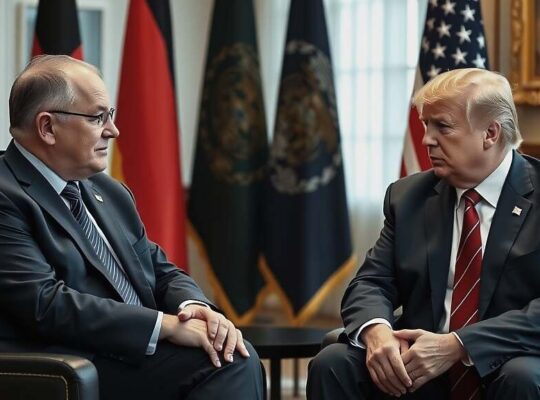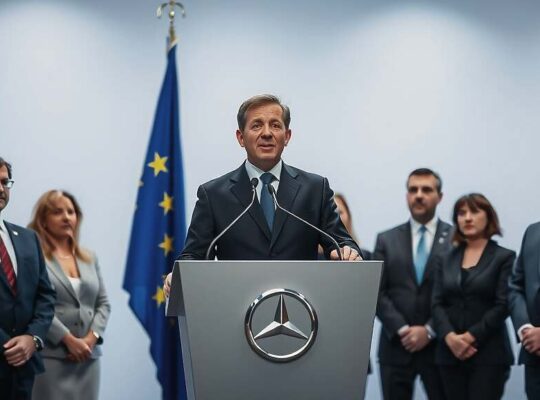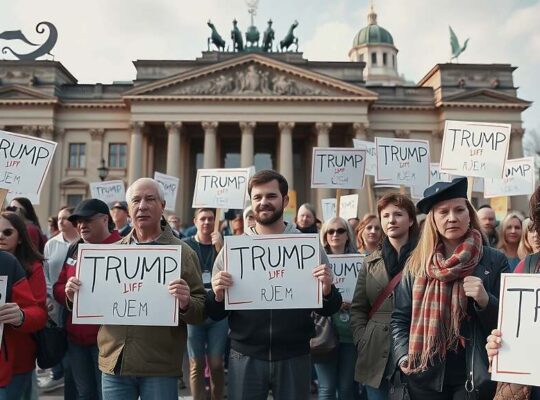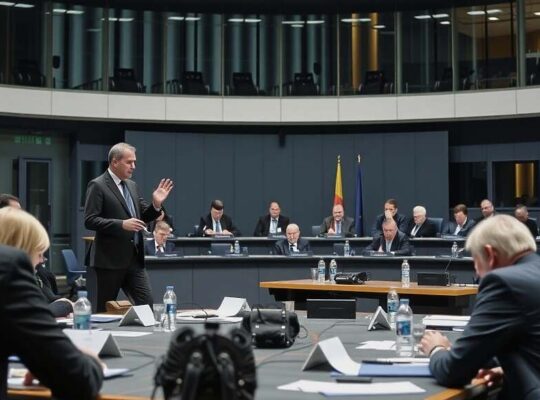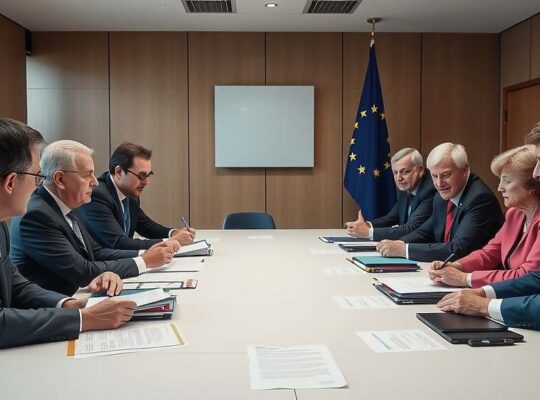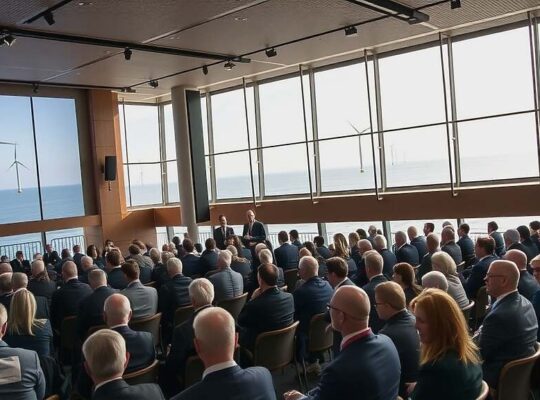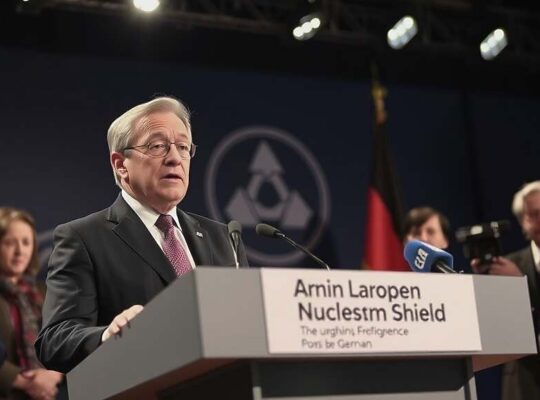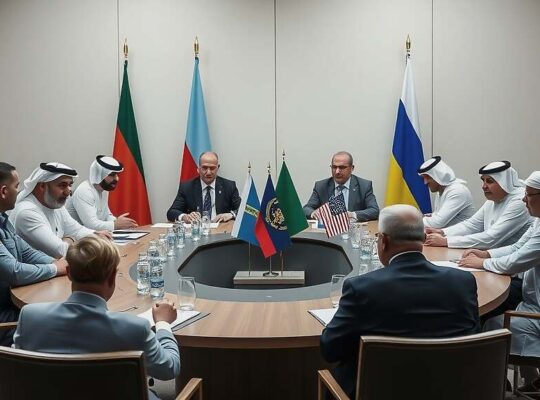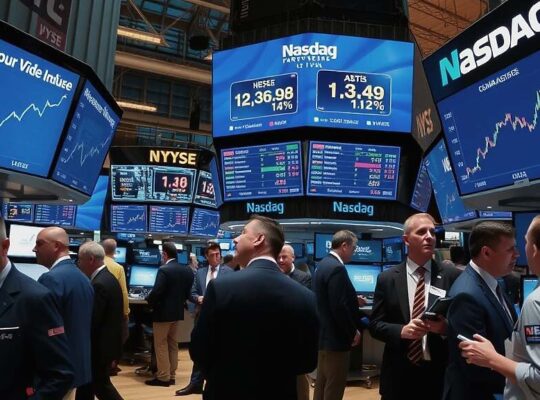Berlin – In a closed-door transatlantic dialogue, Ukrainian President Volodymyr Zelenskyy briefed European leaders, including German Chancellor Friedrich Merz, on his recent meeting with US President Donald Trump, underscoring an increasingly complex geopolitical landscape shaping the ongoing conflict. The announcement, delivered by a German government spokesperson, Stefan Kornelius, revealed a coordinated effort to project unity while hinting at underlying tensions regarding the future trajectory of Western support for Ukraine.
The call, involving prominent figures from the European Union and NATO Secretary General Mark Rutte, ostensibly reaffirmed a commitment to a “just and lasting peace” for Ukraine. However, the emphasis on encouraging Russia towards “serious negotiations” through measures such as the upcoming 19th EU sanctions package and the potential utilization of immobilized Russian assets exposes a growing pressure for compromise, potentially reflecting concerns within European capitals regarding the sustainability of the current level of military and financial assistance.
Chancellor Merz’s statement, highlighting a post-meeting alignment and promise to “closely follow” subsequent steps, suggests a tacit acknowledgement of Trump’s influence and potential shifts in US policy. The direct reference to a necessary “peace plan” also signals a departure from the previously unwavering stance focused solely on restoring Ukraine’s territorial integrity. Critics are already questioning whether this signals a growing inclination towards a negotiated settlement that could involve concessions from Kyiv, particularly given Trump’s known skepticism towards open-ended foreign commitments.
The timing of the call and the level of detail released, also raise questions about the transparency surrounding transatlantic consultations. While presented as a display of solidarity, the discreet nature of the briefing and the emphasis on coordinating actions following the Trump meeting fuels speculation about divergences in strategic outlooks between the US and Europe and the potential for future disagreements regarding the conditions for a lasting peace. The phrasing “full support” from Chancellor Merz, while ostensibly reassuring, leaves open the precise nature of that support should US policy evolve. The call underscores the precarious balance European leaders must now navigate between advocating for Ukrainian sovereignty and accommodating the shifting sands of American foreign policy.


